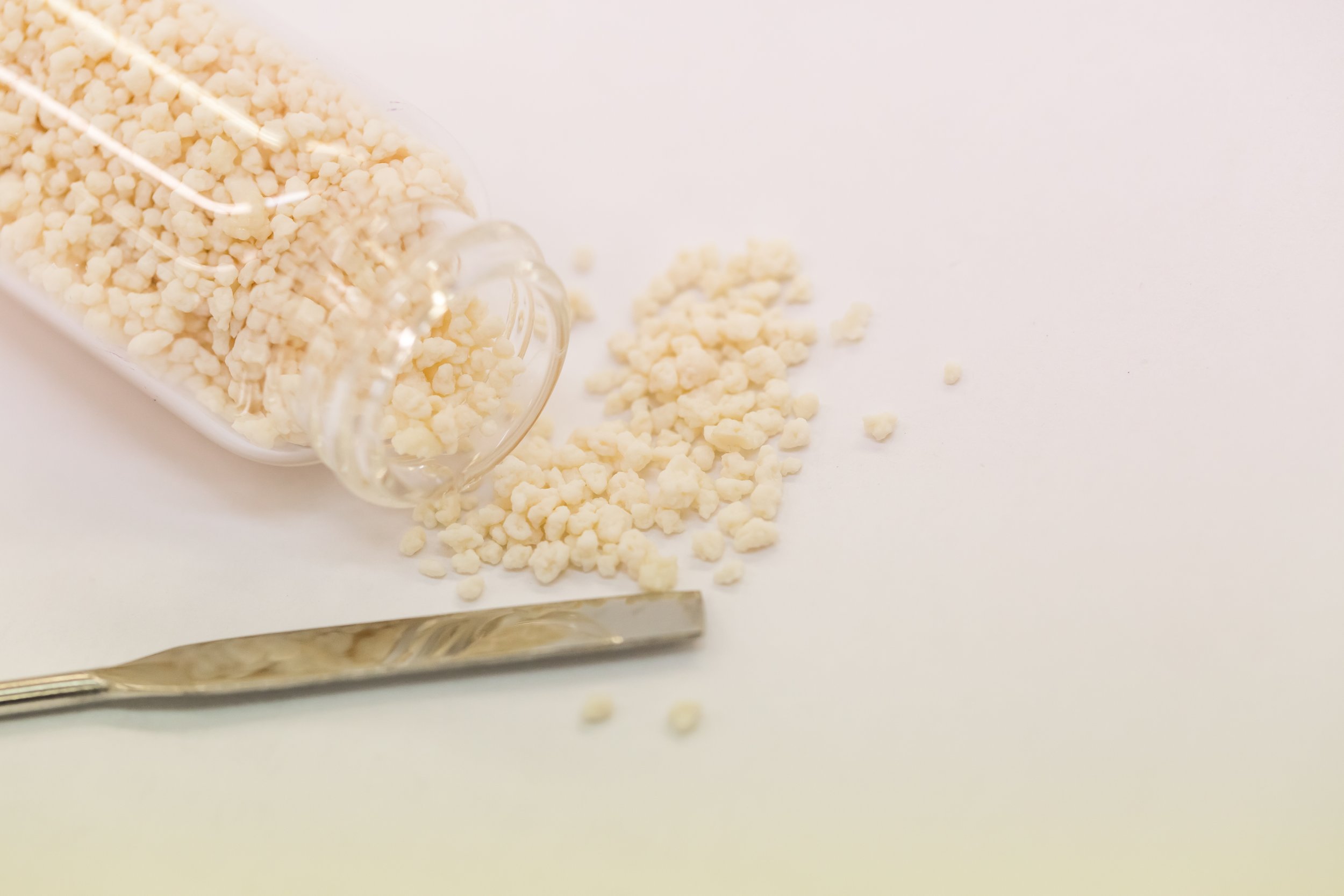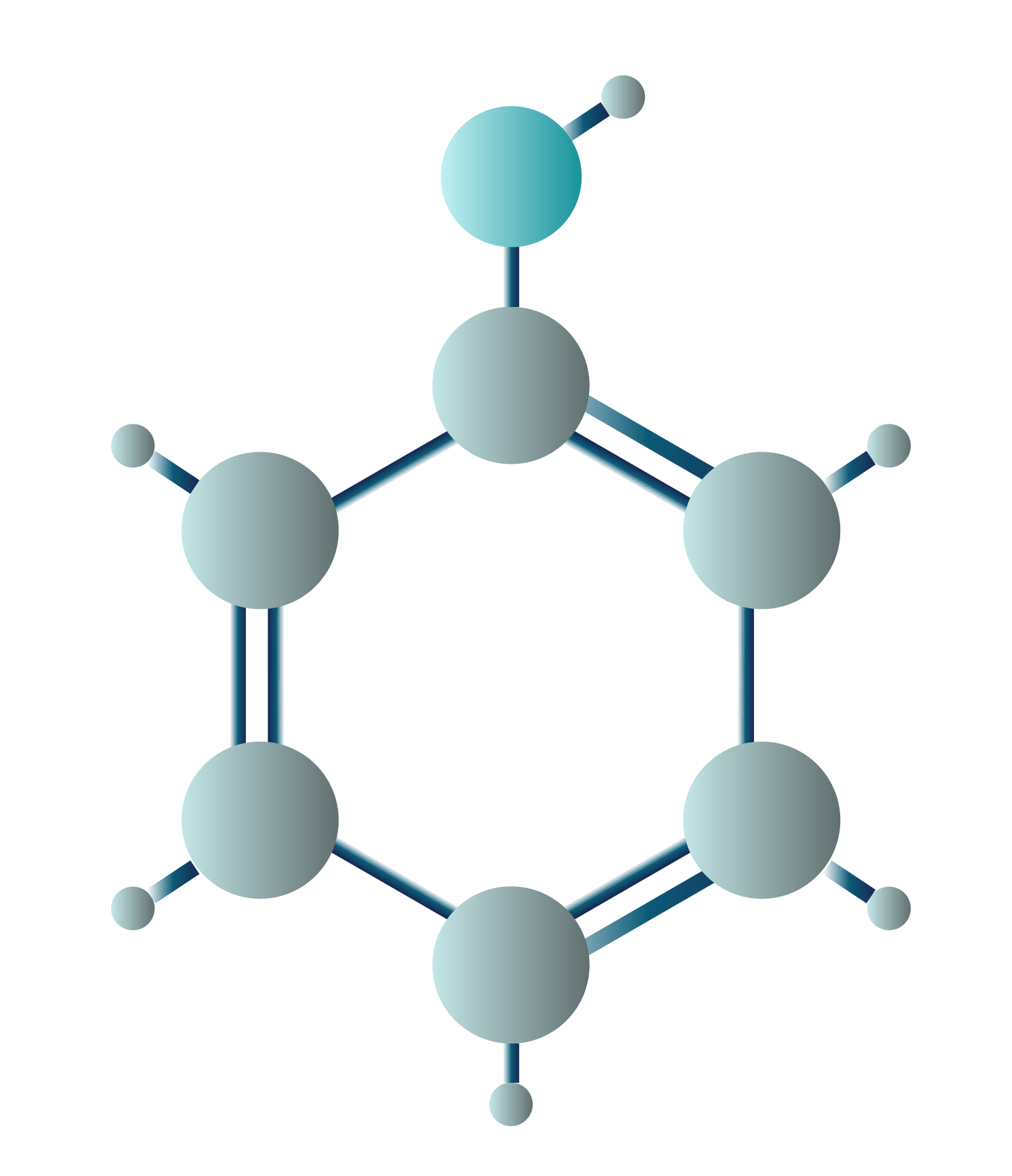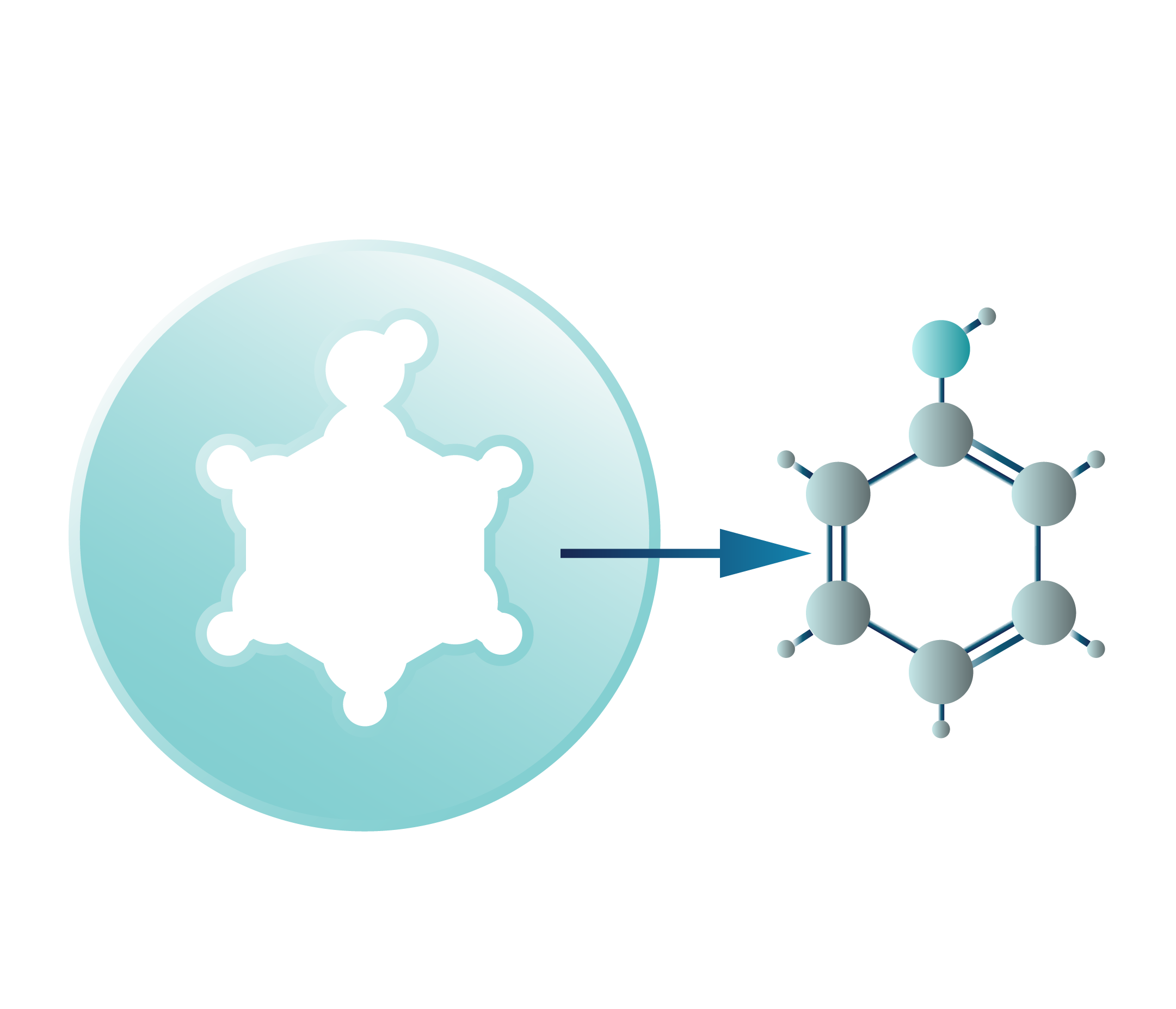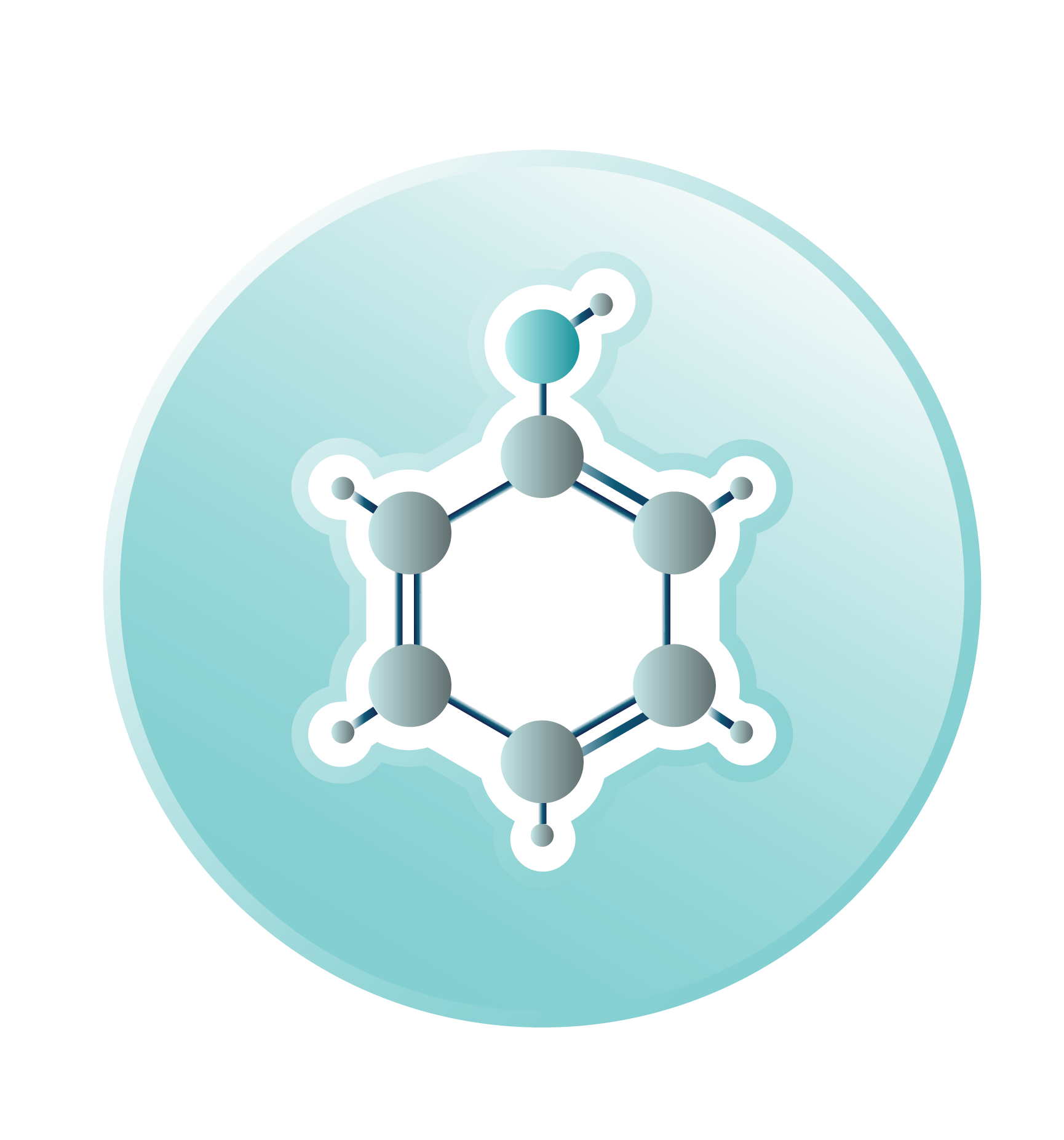
amaea molecularly imprinted polymers (MIPs)
Don’t let environmental volatility compromise your wine’s integrity. When smoke taint, frost damage, or unwanted pyrazines threaten your vintage, precision is essential.
amaea molecularly imprinted polymers (MIPs) deliver unmatched selectivity in wine filtration, targeting specific unwanted molecular compounds while preserving the characteristics of your wines. Restore quality and balance while protecting what you’ve crafted with amaea.
What are amaea molecularly imprinted polymers?
amaea molecularly imprinted polymers are a smart filtration media engineered to selectively capture unwanted molecules in wine. Their tailored binding sites and polarity enable precise removal of target compounds, helping preserve wine integrity while enhancing the overall sensory experience.
How do amaea MIPs work?
1. Target molecules identified
The unwanted molecular compounds impacting wine sensory are identified as a template for imprinting.
2. amaea polymers imprinted
Our unique amaea MIP production process uses a selected template molecule to generate a quintillion (10^18) targeted binding sites for every gram of amaea MIPs produced.
3. Highly targeted filtration
The unwanted compounds are captured by the targeted binding sites upon contact with amaea MIPs (molecularly imprinted polymers).
Delivering tailored sensory…
The targeted nature of amaea’s MIPs captures what’s needed, while leaving desirable compounds in place. This enables you to balance and remediate wines with precision. Adjustable dose and flow rates determine the level of capture, enabling treatments to be tailored to achieve desired sensory outcomes.
…with low impact.
amaea MIPs are regenerable, and many of our applications replace single-use additives and processes that require high volumes of consumables. amaea MIPs help significantly reduce waste streams.
How are amaea MIPs used?
Using amaea MIP technology wineries can remediate taints as well as balance wine flavor and aroma.
Remediate
Remove undesirable, off-aromas found in wines impacted by conditions such as oxidation, smoke, pyrazines, Brett, and frost, while reclaiming its varietal body and character.
Balance
Molecularly imprinted polymers enable us to selectively fine-tune the sensory profile of wines without relying on single-use winemaking fining agents that can strip more than desired.
Our service provider partners
We are proud to work alongside valued and trusted service providers to provide our molecular filtration services for you.
-

VA Filtration
VA Filtration is USA’s leading filtration technology experts with 18 years of experience in the wine industry.
-

Cellar Dweller
Based in Okanagan Falls, B.C., Cellar Dweller have been providing mobile filtration services for Pacific North West wineries for over a decade.
-

Vintech Pacific
Vintech Pacific is a New Zealand owned and operated company, providing a range of innovative technology processes to the wine industry.
-

Winesecrets
Since 2003 Winesecrets have been providing America’s wine producers with separation technologies that improve efficiency, eco-performance and wine quality, with unparalleled service, expertise and dedication.
Frequently asked questions about amaea MIPs (molecularly imprinted polymers)
-
Membrane filtration removes particles based on size, filtering out anything larger than the membrane’s pore size. It’s an effective approach for clarification and microbial stability, but it can’t distinguish between desirable and undesirable compounds of similar size.
amaea MIPs work differently, utilizing molecular recognition to selectively bind specific target compounds, regardless of their size, while allowing other molecules to pass through. This level of selectivity allows winemakers to remove smoke markers, Brett compounds, or pyrazines without stripping the characteristics that make their wine stand out.
-
amaea’s molecularly imprinted polymers integrate seamlessly with standard winemaking practices and can be applied at various stages—post-fermentation, pre-blending, or before bottling—when fining and filtering wine. It all depends on your production timeline and sensory goals.
Molecular filtration is compatible with traditional fining agents, oak aging programs, blending strategies, and sterile filtration. Many winemakers use amaea MIPs to address specific faults or fine-tune phenolic balance before proceeding with their usual cellar protocols.
The flexibility of amaea MIPs allows winemakers to incorporate targeted remediation and sensory adjustment with minimal disruption to established workflows.
-
Treatment time varies depending on the wine volume and the target compound concentration. However, most amaea MIP filtration sessions are completed within hours.
Our service provider partners can process wine on demand, with typical turnaround times significantly faster than traditional fining methods, which require time to settle. Processing speed and treatment rates are adjustable to match your production schedule and desired outcomes.

Experience the precision of molecular filtration
Your wine deserves molecular-level precision. As the world’s only commercial-scale producer of molecularly imprinted polymers (MIPs) for wine applications, amaea combines advanced technology and sustainability to protect your craft.
Whether fining wine or needing a wine taint solution, our technology delivers selectivity, helping preserve your wine’s quality and commercial viability.
Find out more
-

Winemakers reclaim wine quality and value with new molecular filtration tech
amaea’s new precision wine technology is changing how winemakers address quality challenges and recover value from fault-affected and heavily phenolic wines. A New Zealand developer of custom-engineered molecularly imprinted polymers (MIPs), amaea is gaining industry validation for its novel molecular filtration technology for precision wine remediation and palate fining.
-

Sustainable winemaking with amaea targeted filtration
Using reusable, molecularly imprinted polymers as a replacement for single-use fining agents enables winemakers to tailor the sensory profile of their wine with less waste and greater control. Discover how targeted filtration supports sustainable winemaking.
-

NZ deep tech startup crowned world leaders in IP innovation
Chief Commercial Officer, Nidhie Kumar shares how amaea's innovative approach to IP management and licensing led them to the world stage to accept the 2024 Licensing Executives Society International (LESI’s) Innovation Award for Small Enterprises.









